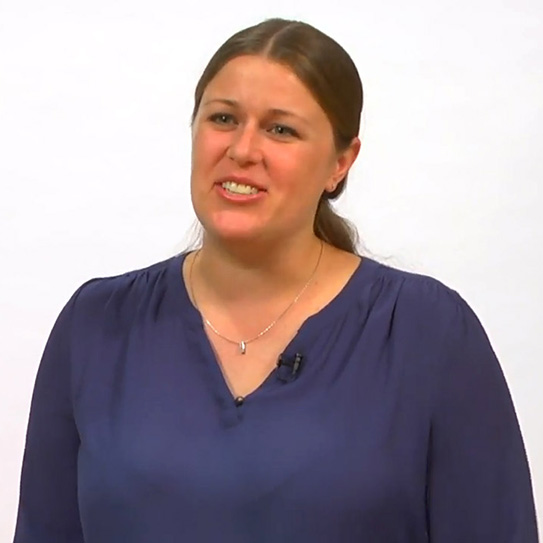Given the year we’ve had, many Canadians have been collecting Employment Insurance (EI) benefits.
While the basics of EI are well known, it may surprise some recipients that they must repay some of the benefits if their net income exceeds a certain threshold.
Fortunately, this rule does not apply to special EI benefits (sickness, maternity, paternity, or caregiving benefits). It applies to regular & fishing EI benefits.
The Clawback Rules
If your 2021 net income from all sources is more than $70,375 (indexed annually), you’ll need to repay 30% of the lesser of:
- Your net income over $70,375
- Your regular EI benefits (based on the total for the taxation year)
Here are some exceptions:
- If you collected less that 1 week of regular EI in the previous 10 years, even if your 2021 net income exceeds the $70,375 threshold, no repayment is required.
- No repayment is required (regardless of your net income) if you are receiving special EI benefits (outlined above).
- If your EI benefits are paid over 2 calendar years, you can get a partial exemption. In year 1, if you hadn’t received benefits in the last 10 years, even if your income is over the threshold amount, you qualify for the exemption. However, in year 2, you no longer qualify for the exemption, because you got 1 week or more of benefits in year 1 (which falls under the last 10 years).
For more information, this link outlines the rules and includes some useful examples.
So now what?
Regardless of the clawback rules, EI benefits are taxable as income. You need to include your EI tax slip (T4E) with your tax return. If it doesn’t arrive by mail, you can login to Service Canada for a soft copy.
When you file your tax return, you’ll report your net income for the calendar year which helps you and/or your accountant, and in turn the government, figure out if any repayment is required.
One last point – EI benefits don’t usually deduct enough income taxes at source. This means that you may also need to pay a bit more tax to CRA (depending on your marginal tax rate) when you file your tax return.

Sara Ready CFP®
Certified Financial Planner® professional
Sara joined us in August, 2016. Previously, she spent two years as a credit counsellor at InCharge Canada, and four years at Tangerine Bank as a mutual fund representative where she received the annual Good Guy award (it should have been renamed the “Good Gal” award)!
This information is of a general nature and should not be considered professional advice. Its accuracy or completeness is not guaranteed and Queensbury Strategies Inc. assumes no responsibility or liability.

